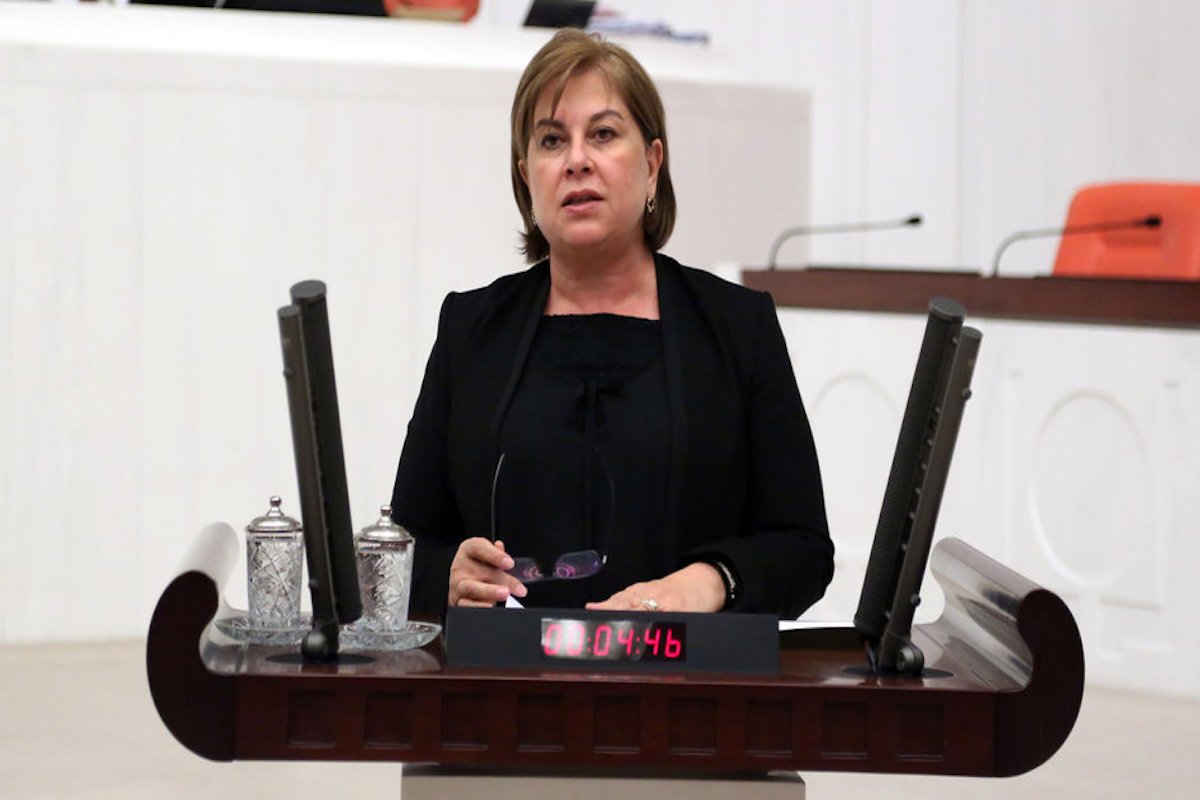More than 100 thousand public officials in Turkey have been dismissed from their jobs without a criminal investigation under the rule of emergency (OHAL), said Turkey’s main opposition Republican People’s Party (CHP) deputy Elif Doğan Türkmen on Tuesday and added that “More than 1 million people are doomed to starvation in Turkey when 100 thousand public employees with their families and their surroundings are considered together.”
Turkey declared a rule of emergency on July 20, 2016, after a controversial coup attempt on July 15, 2016 and extended its period for 5 times so far.
According to a report by online news portal TR7/24, CHP deputy Türkmen, who brought the unlawful implementations during the OHAL to the Turkish Parliament’s agenda, said that “More than 100 thousand public officials have been dismissed from their jobs without a criminal investigation. Their assets and revenues were confiscated. Worse than that their right to apply for administrative judiciary has also been abolished. So what has been the result of this practice contrary to both internal law and universal law?”
“More than 1 million people are doomed to starvation in Turkey when 100 thousand public employees with their families and their surroundings are considered together,” said Türkmen and added that “At the same time, this has become the method of sustaining the power by the ruling Justice and Development Party (AKP). Using the judiciary as a stick, AKP has abolished the right to make politics, freedom of speech and media, freedom to work and doing business, academic freedom and the most importantly right to a fair trial.”
According to the Turkish Constitution, a rule of emergency can be declared for a maximum period of six months. During the rule of emergency, the cabinet has the right to issue statutory decrees under the president of the republic without regard to routine procedures and restrictions in Article 91 of the constitution. These decrees are first published in the Official Gazette and then submitted to parliament for ratification.
Turkey survived a controversial military coup attempt on July 15, 2016 that killed 249 people. Immediately after the putsch the ruling Justice and Development Party (AKP) government along with President Erdoğan pinned the blame on the movement.
Fethullah Gülen, who inspired the movement, strongly denied having any role in the failed coup and called for an international investigation into it, but President Erdoğan — calling the coup attempt “a gift from God” — and the government initiated a widespread purge aimed at cleansing sympathizers of the movement from within state institutions, dehumanizing its popular figures and putting them in custody.
Turkey’s Justice Ministry announced on July 13 that 50,510 people have been arrested and 169,013 have been the subject of legal proceedings on coup charges under the rule of emergency. Turkish government has also suspended or dismissed more than 150,000 judges, teachers, police and civil servants thanks to the rule of emergency.















